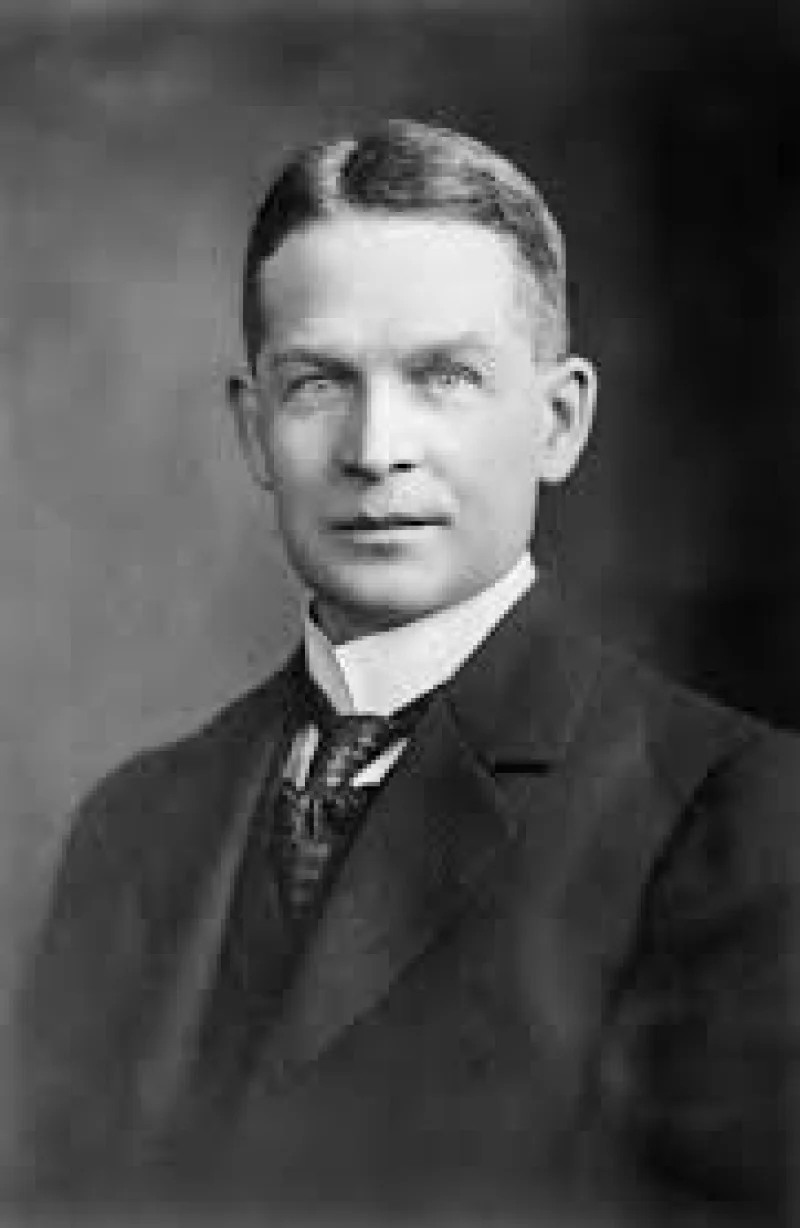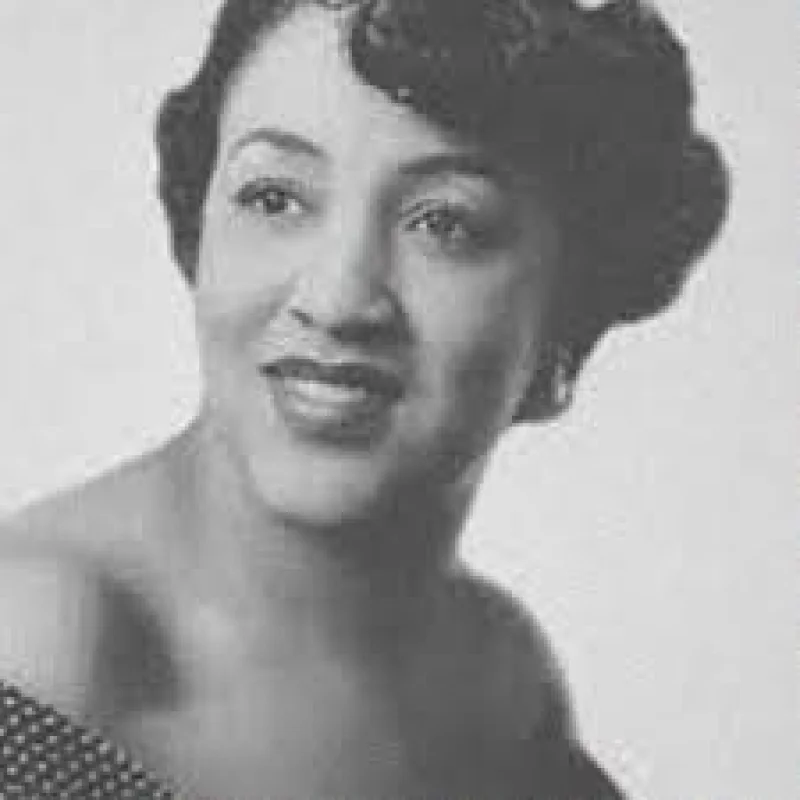Short Summary
James Croll was a pioneering Scottish scientist known for his groundbreaking work in climatology, particularly in understanding the Earth's climate change cycles. His theories on the astronomical causes of climate change were instrumental in shaping the scientific discourse on the subject. Croll's work laid the foundation for future research in the field of paleoclimatology, and his contributions remain influential to this day.
Early Life & Education
Born on January 2, 1821, in Little Whitefield, Perthshire, Scotland, James Croll was the son of a stonemason. Despite limited formal education, he demonstrated an early interest in science and literature. His early years were marked by self-directed study, often reading scientific books and articles in his spare time. Financial constraints forced him to leave school at an early age, but he continued to educate himself while working various jobs. His intellectual curiosity and determination to understand the natural world were significant influences in his later scientific career.
Career Highlights
James Croll's career took a significant turn when he joined the Geological Survey of Scotland in 1867. His position as a janitor at the Andersonian University in Glasgow provided him access to the university library, where he immersed himself in scientific literature. Croll's groundbreaking work began with his study of the Earth's orbital variations and their impact on climate cycles. His most notable publication, "Climate and Time in Their Geological Relations," proposed that changes in the Earth's orbit were linked to glacial cycles, a theory that significantly advanced the understanding of climate science.
Major Achievements
- Proposed the theory of climate change driven by astronomical factors, influencing the development of paleoclimatology.
- Published "Climate and Time in Their Geological Relations," a seminal work connecting orbital changes to glacial cycles.
- Contributed to the Geological Survey of Scotland, helping to map and understand the geological formations of the region.
Famous Quotes
- "The present climate of our globe is the result of an infinite number of causes, some of which are so minute that we are unable to detect them."
- "Time is but a relative conception, and its measurement entirely depends upon our mental perception."
Interesting Facts
- James Croll was largely self-taught, having left formal education at the age of 13.
- He worked in various roles, including a millwright and insurance clerk, before his scientific career.
- Croll's ideas on climate were initially met with skepticism but have since been validated by modern science.
Legacy / Influence
James Croll's theories on astronomical influences on climate laid important groundwork for the field of paleoclimatology. His work influenced later scientists, including Milutin Milankovitch, who expanded on Croll's ideas to develop the Milankovitch cycles theory. Croll's legacy endures in the ongoing research and understanding of climate change and its astronomical causes.
FAQ
Q: Why is James Croll famous?
A: He is famous for his pioneering work on the astronomical causes of climate change.
Q: What was James Croll's major work?
A: His major work was "Climate and Time in Their Geological Relations."
Q: How did Croll contribute to climate science?
A: He proposed that variations in the Earth's orbit influenced climate cycles and glacial periods.













